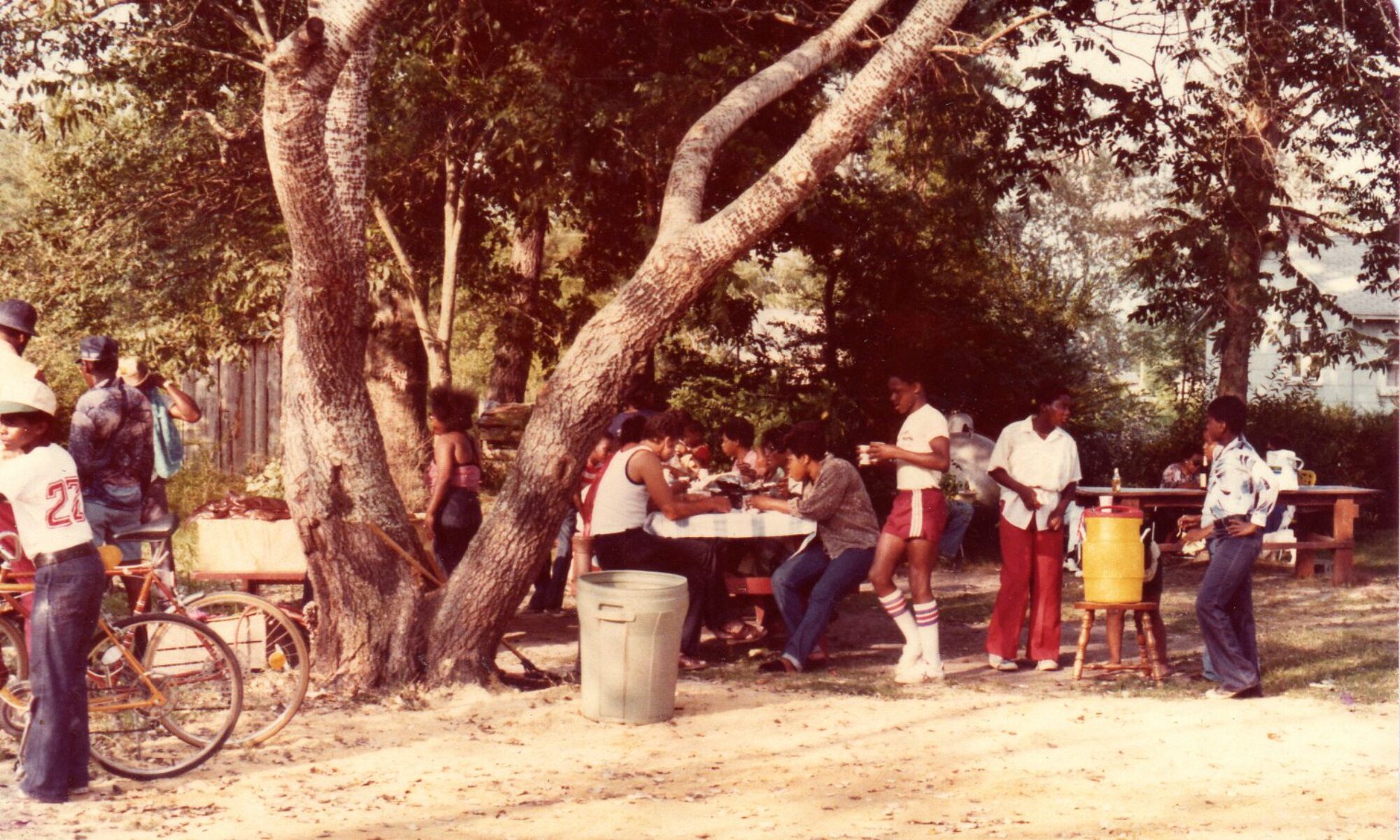I think one of the most frustrating things with my research is coming across my ancestors that do not have children (or evidence of legitimate children). To think, that their story will end at the point of death. It will be harder to know the stories of their life. Finding relatives that remembers these ancestors, or remembers what was told to them about these ancestors, is always difficult. Sure, we’ll have little clues and indications of their life.
Yes, there were ancestors that ‘couldn’t’ have children for whatever reason. But, I’m not talking about them. I’m talking about the ones that just didn’t. I have a group of ancestors (my great grandmothers nephews) who didn’t have children. I believe there were 4 of them. All of them married. Only 1 of the nephews had children. The other 3 did not.
When I read and article on CNN about being childless, I couldn’t help read it from a genealogist perspective. Somewhere down the road, someone will research your family tree, and to not leave a legacy is to carry on your traditions, characteristics and stories is upsetting.
I’m sure our ancestors had their reasons for not having children. I’m also sure, they didn’t have us in mind when they made their decision. However, I still can’t help but say that I wish they did leave a legacy for us.


In my family, I’m going to be one of those childless ancestors and since I’m an only it means that my parents branch of the respective trees will die out.
The chidless ancestors are definitely prevelant on dad’s side. Two of his siblings never had children, so including me that will be a total of 3 branches gone.
Like Mavis, I’m also an only child that is going to be a childless ancestor. That is one of the primary reasons I started researching my family tree – I’m 48 years old and want to leave some sort of tangible legacy to others that would be searching this family tree someday.
Ellyn